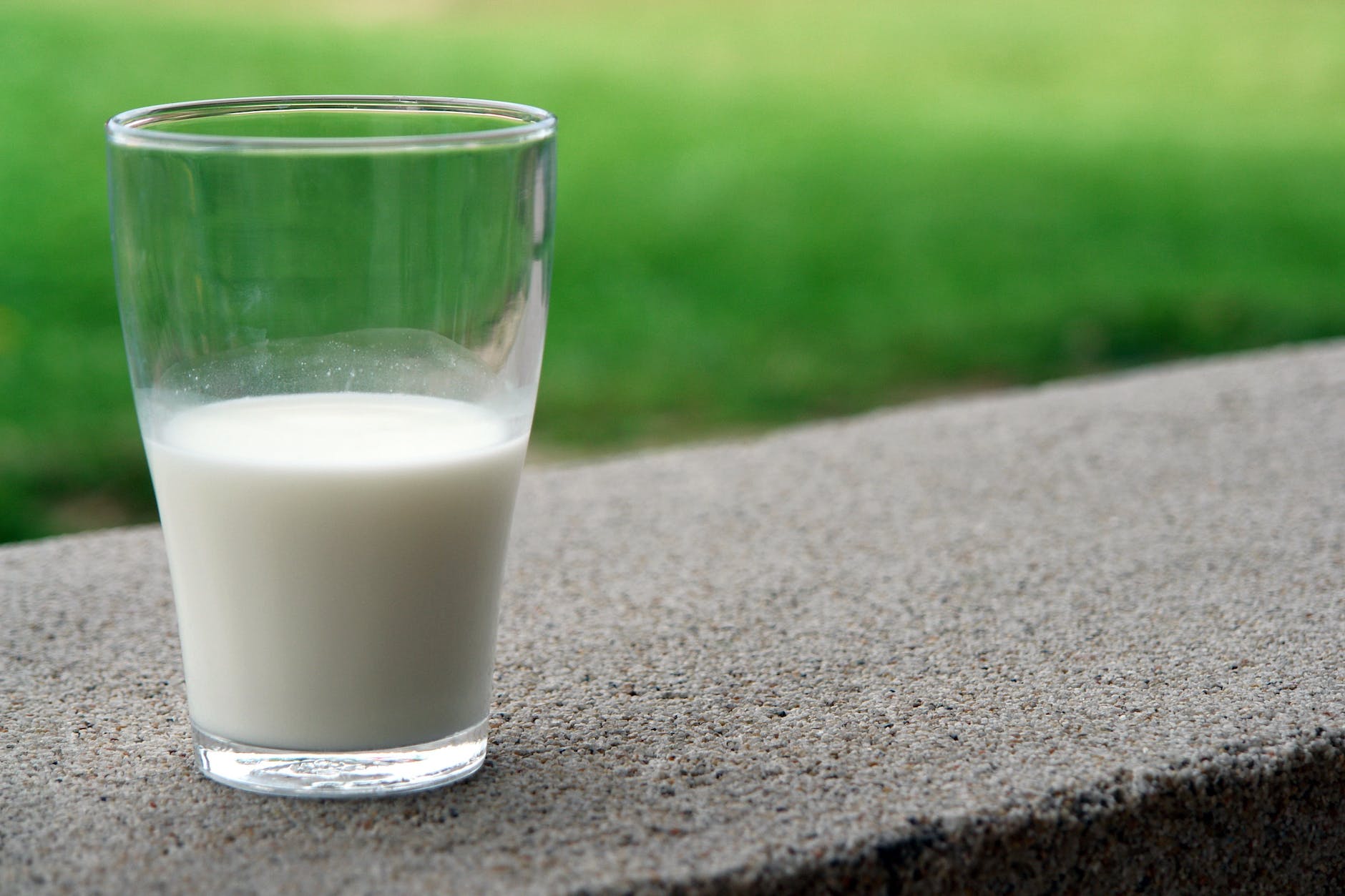
The dairy industry stands at a crossroads, shaped by evolving consumer preferences, environmental concerns, and technological advancements. As we delve into the current state and future prospects of dairy, it’s clear that understanding these dynamics is crucial for anyone involved in, or simply consuming, dairy products.
The Global Dairy Landscape
Globally, the dairy industry is a powerhouse, contributing significantly to economies and diets. Milk production spans continents, with top exporters pushing the boundaries of efficiency and sustainability. Yet, this global reach comes with its challenges, including market volatility, trade disputes, and the pressing need for sustainable practices.
Consumer Trends Shaping the Industry
Health and Nutrition
Health-conscious consumers are reevaluating their dairy consumption, influenced by concerns over lactose intolerance, cholesterol, and saturated fats. The nutritional debate surrounding milk has led to a surge in demand for fortified dairy products and plant-based alternatives, offering lower-calorie, lactose-free, and nutrient-rich options.
Environmental Impact
The ecological footprint of dairy farming is under scrutiny. From water usage to greenhouse gas emissions, the industry is grappling with how to reduce its environmental impact. Innovations in farming practices, such as precision agriculture and sustainable feed, are making strides towards more eco-friendly dairy production.
Technological Innovations
Technology is revolutionizing dairy farms and production lines. Robotics, artificial intelligence, and blockchain are enhancing efficiency, traceability, and quality control, promising a future where dairy production is smarter, safer, and more sustainable.
The Rise of Dairy Alternatives
The dairy alternatives market is booming, driven by advancements in taste, texture, and nutritional content. Almond, soy, oat, and coconut milks are leading the charge, offering consumers diversity in their dietary choices. However, the nutrition debate continues, with discussions on the comparative health benefits of plant-based versus animal dairy.
Economic Considerations
The dairy market’s economic landscape is marked by fluctuating prices, supply chain challenges, and the need for innovation to stay competitive. Dairy farmers and producers are navigating these waters by diversifying products, exploring niche markets, and investing in technology to improve yield and efficiency.
Looking Ahead: The Dairy Industry of Tomorrow
The future of dairy is not just about producing milk and cheese; it’s about doing so in a way that meets the demands of the 21st-century consumer and planet. This involves:
- Embracing Sustainability: Developing practices that minimize environmental impact and ensure the long-term viability of dairy farming.
- Innovating Products: Creating new dairy and alternative products that cater to evolving consumer preferences for health, taste, and convenience.
- Leveraging Technology: Utilizing technology to enhance production efficiency, product quality, and traceability from farm to table.
Conclusion
The dairy industry’s path forward is complex but not without direction. By addressing consumer demands for health and sustainability, embracing technological innovations, and navigating economic challenges, the industry can ensure its place in the future global food landscape. As consumers, staying informed about these developments allows us to make choices that align with our dietary needs and ethical considerations, ensuring that our consumption patterns contribute to a sustainable and healthful future.
The journey of dairy from farm to fridge is an evolving story of adaptation and innovation. As we look ahead, the industry’s ability to balance tradition with innovation will be key to its success, ensuring that dairy remains a cherished part of diets worldwide while meeting the challenges of modernity head-on.
10 FAQs for Navigating the Future of Dairy
- What are the health benefits of consuming dairy?
- Dairy products are a rich source of calcium, vitamin D, and protein, essential for bone health, muscle function, and overall wellness. Opting for low-fat or fortified options can maximize benefits while minimizing potential drawbacks.
- How can I make environmentally friendly dairy choices?
- Look for products from farms practicing sustainable agriculture, such as organic farming or regenerative practices, and consider plant-based alternatives to reduce environmental impact.
- What are the best dairy alternatives for lactose intolerance?
- Lactose-free dairy products and plant-based milks (almond, soy, oat) are excellent options, offering similar nutritional profiles without the discomfort of lactose intolerance.
- How does dairy consumption impact the environment?
- Dairy farming contributes to greenhouse gas emissions, water usage, and land degradation. However, sustainable practices and technological innovations are helping to reduce this footprint.
- Are plant-based milks healthier than cow’s milk?
- Plant-based milks can be healthier in terms of lower calories and fat, but they might lack essential nutrients unless fortified. Always check the nutritional label.
- How can technology improve dairy production?
- Advances in robotics, AI, and data analytics are enhancing efficiency, animal welfare, and sustainability in dairy farming, from milking processes to feed management.
- What economic challenges does the dairy industry face?
- Fluctuating market prices, competition from dairy alternatives, and the need for investment in sustainable practices pose significant economic challenges.
- Can dairy be part of a sustainable diet?
- Yes, by choosing dairy from sustainable sources, reducing waste, and incorporating plant-based alternatives, dairy can fit into a sustainable diet.
- How do I know if dairy products are sustainably produced?
- Look for certifications like organic, non-GMO, or those indicating regenerative farming practices on product labels, and research brands committed to sustainability.
- What future innovations can we expect in dairy?
- Expect more developments in sustainable farming, dairy alternatives, and nutritional enhancements to meet health and environmental goals.
Blog Tags
dairy industry, sustainable agriculture, plant-based alternatives, nutritional guidelines, environmental impact, dairy technology, lactose intolerance, dairy economics, sustainable living, dairy innovations











